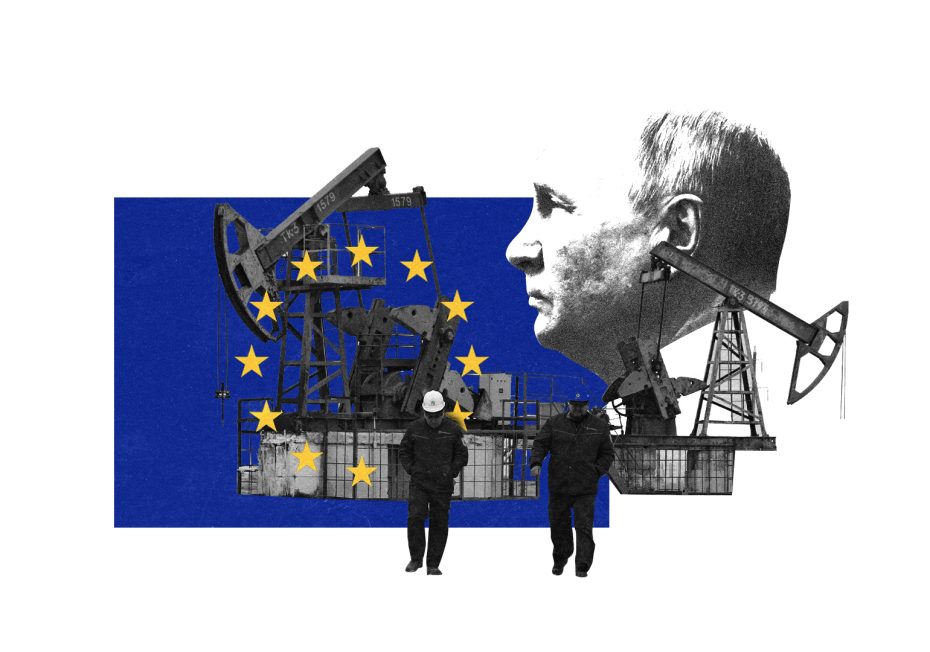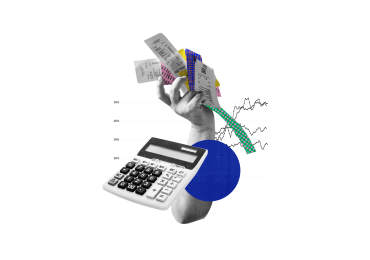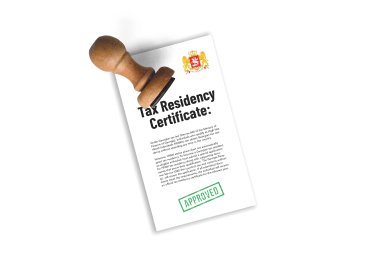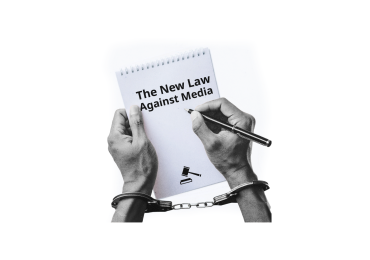What is spookier this year, Halloween, or the upcoming winter? Well, before we submerge into negative fantasy influenced by Russian propaganda and imagine an ice age instead of a normal winter, it is important to realize how exactly the western democratic countries and especially the EU are tackling the energy crisis caused by Russia and its invasion in Ukraine.
To analyze the present, let us first recall the role of Russia in EU energy. Since the Cold War, the western politicians have perceived Russian (Then USSR) export of energy, especially gas and oil, to be a catalyst for the peaceful relationship between the politically opposing sides. Indeed, there has been a clear positive correlation between the interconnection and energy trade. According to a study by the Director of Gas Research in Oxford Institute for Energy Studies[1] Russian Gas export to Europe more than doubled between 1985 and 2003, reaching 138.9 BCM. The surge in Russia’s share in EU gas imports continued throughout the recent years with 21% in 2005 to the maximum of 31% in 2020.[2] It must be noted that despite the initial activity in 2014 with the annexation of Crimea, the real action to decrease EU’s dependence on Russian gas and oil only came after the beginning of the war in 2022. It seemed funny for many just on July 11, 2018, when Donald Trump (Then US President) warned Germany and other EU countries on NATO summit and told them to ‘step up immediately’ their efforts to stop dependence on Russian energy.
Today, however European Union and not only, have reevaluated their decisions. After the first pioneering steps of the UK and its then prime minister Boris Johnson in importing zero energy from Russia since June, other developed countries with their leaders also concluded that while the 35-year-old excellent track record of Russian gas deliveries is valuable, it cannot be exchanged for peace, freedom, and sustainable development.
So, will there be no gas in Europe this year???
This question, too, is a way to desolate the public. According to the ECB, Russian energy accounts for 22.9%[3] of the total energy imports to the EU zone and while the number is substantial, it cannot leave Europe with no gas at all.
What is more, Europe has made a considerable progress towards independence from Russian gas:
Firstly, the construction of additional pipelines, like Nord Stream 2, has frozen. Of course, this is not a short-term answer to the problem; however, the message is clear, the EU does not believe in prosperity with such a dependence on a non-democratic aggressor.
Secondly, the implementation of the new gas storage rules ensured tripling in the EU underground gas savings with ‘over 90%’ since October.[4] This, along with the voluntary coordinated purchase of gas, LNG and hydrogen on a newly established EU Platform will allow for a better price negotiation, higher leverage, and a more favorable situation for smaller member countries.
Despite the sanctions deeply penetrating the Russian economy, there are negative side-effects to every disruption in trade. For EU, drastic increase in energy bills and prices is one big challenge.
Thus, thirdly, to tackle the recent price rise and alleviate pressure on European households in need, measures have been taken to redistribute the surplus revenues to final customers and decrease the overall demand for the commodity, improving the situation, especially for those most at risk. The target demand reduction has been set to 15%, while the obligation is still at 5%. According to the European Commission[5] through these steps the EU can ‘reduce gas use for power by around 4% over the winter and reduce pressure on prices.’
Fourthly, the cap on revenue for the low-cost power generating companies is another intervention that will maintain wholesale electricity prices at maximum of €180 per MWh, as these businesses were able to increase their prices during the crisis despite having low costs. Any revenue above this level will be collected by the member states, who can utilize it in a variety of ways: Direct transfers to customers, promotion of investments into more efficient energy sources and lower-cost supplier compensation are just examples of Government assistance in such a critical period.
With a ‘warmer-than-average winter’ this year for Europe, according to the forecast,[6] even the global warming is on Ukraine’s side. However, the European Union is not missing a chance to foster the acceleration of the rollout renewables, with a proposal to increase 2030 target from 40% to 45%.
Finally, additional investment in infrastructure like LNG terminals and gas interconnectors along with a minimum of two sources of suppliers and reverse flow possibilities between neighbors will safeguard every EU member from succumbing to high price volatility from gas importers, especially Russia, and provide for drastically improved risk management that will only strengthen the Union and disarm its enemies.
Overall, while increasing gas dependence on Russia from 2008 (Russia-Georgian war) and 2014 (Russia-Ukrainian war) was already a huge mistake, it is essential to emphasize the effectiveness and agility of the European Union in implementing sacrificial, but essential and robust actions even after the post-covid economic downfall. Action is taken, progress is made and the effort will soon pay back.
Sources:
[1] Natural Gas in Europe – The Importance of Russia | Author: Professor Jonathan Stern
[2] Russian gas imports in the EU – threat or a chance? | Author: Agnieszka Maciejewska.
[3] The impact of the war in Ukraine on euro area energy markets | Authors: Feveile Adolfsen, Friderike Kuik, Eliza Magdalena Lis and Tobias Schuler
[4] EU action to address the energy crisis
[5] EU action to address the energy crisis
[6] Warmer-Than-Average Winter Ahead for Europe, Forecaster Says | Article by AFP
David is GZAAT Graduate and a sophomore at Bocconi University in Milan, Italy.



















